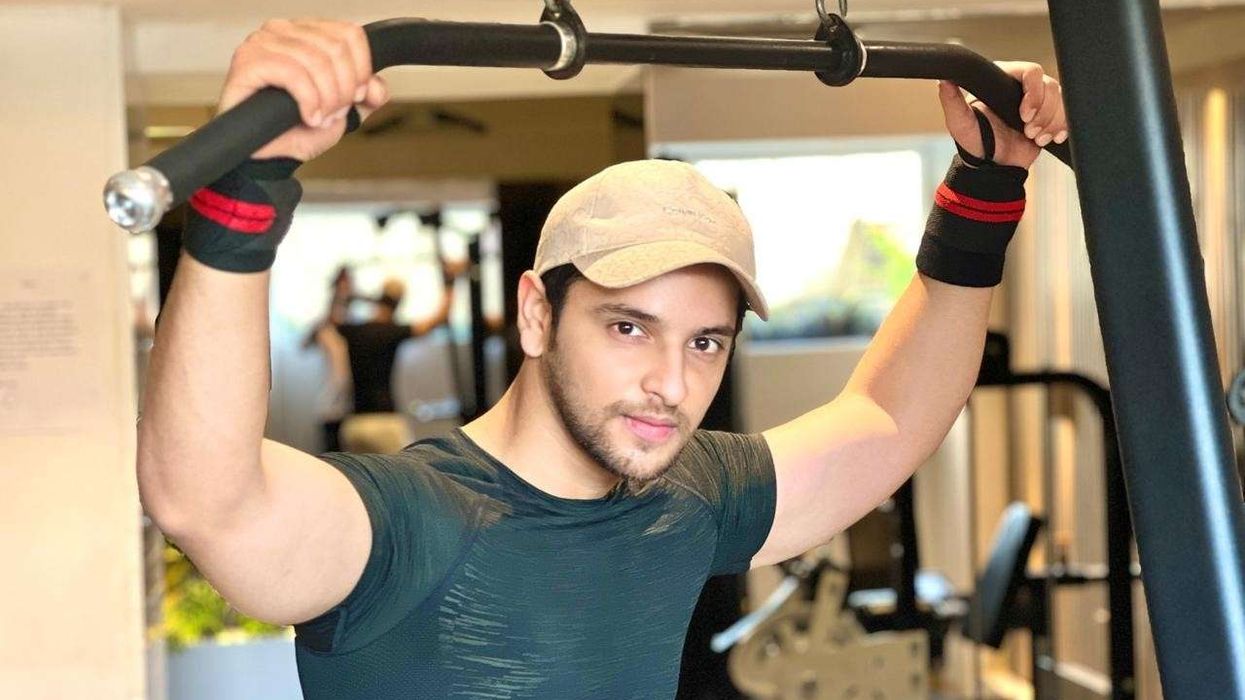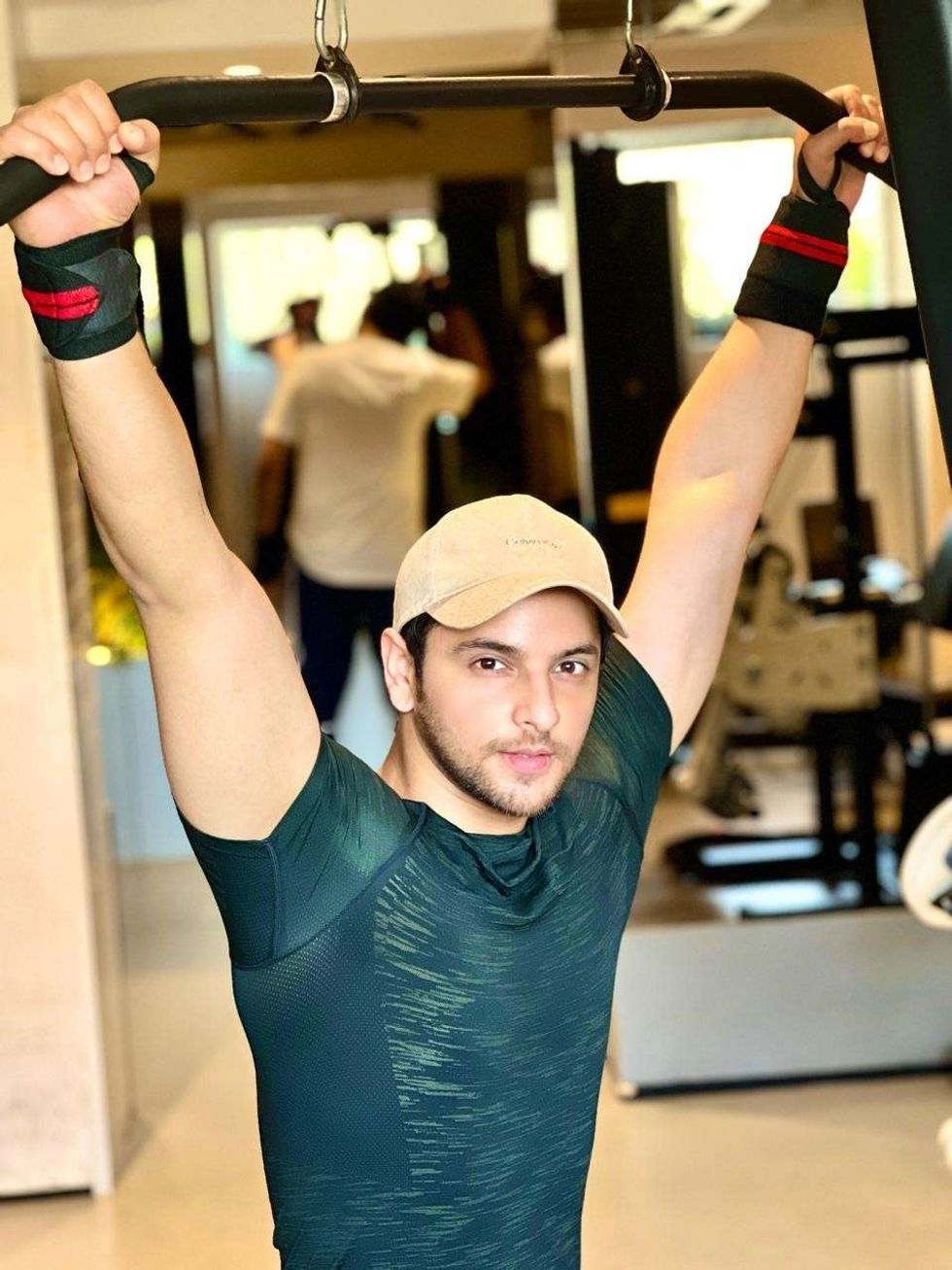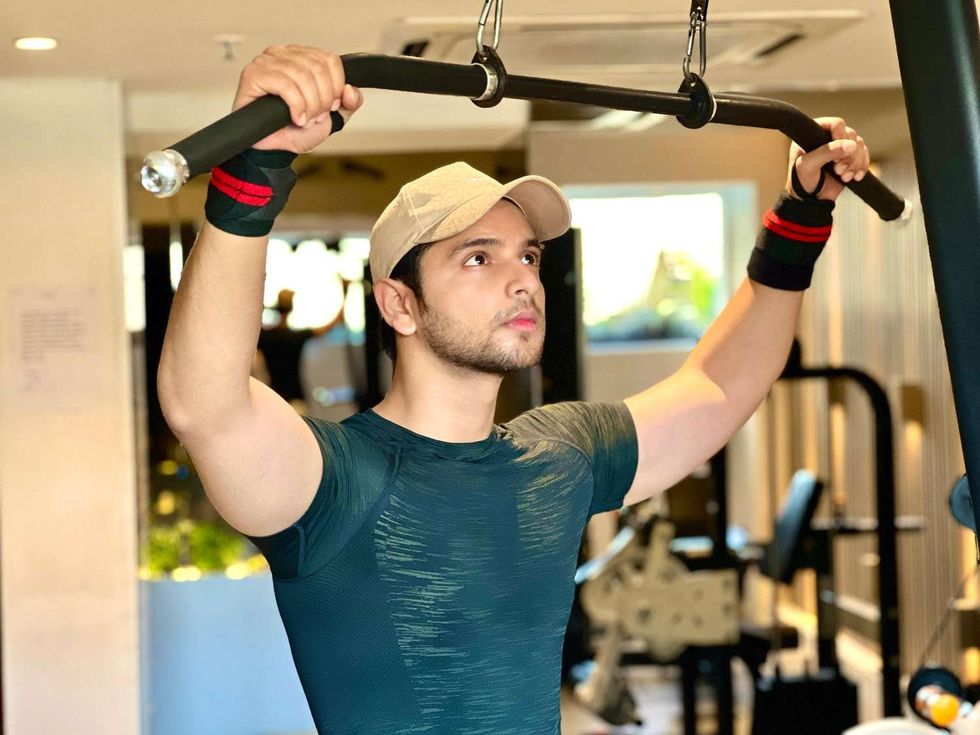By Nadeem Badshah
JACKFRUIT biryani, coconut and beetroot-filled samosas and masala grilled avocado are some of the dishes being created by Indian restaurants to cater to Britain’s growing vegan community.
Chefs are conjuring up a wider range of dishes for the estimated 600,000-plus Britons who have a plant-based diet with no meat and dairy.
Many celebrities- including Bollywood actress Mallika Sherawat, music mogul Simon Cowell and footballer Jermain Defoe- have switched to the diet, with studies claiming it can reduce the risk of dying from a heart attack or a stroke by a third.
And the trend of eateries creating more plant-based dishes and menus is also attracting more diners — Muslims, as well as Hindus and Sikhs celebrating Diwali (which falls in October this year), who do not eat some meats for religious reasons.
Among the restaurants giving vegan diners food for thought is the new Mr Todiwala’s Kitchen in east London, which offers saag aloo and masala dosa.
Cyrus Todiwala, who owns three restaurants in the capital, told Eastern Eye: “The sudden growth in vegan food stems from the knowledge that man should perhaps ease up on animal and animal-derived products to help save our planet.
“This has resulted in demand among the younger generation for more vegan derived products and dishes on menus.
“For Indian restaurants, this is something that is easy to cook as they blend in with vegetarian cooking. “Britain produces an amazing array — lentils, beans and peas — and all these are available in the dried form.”
United Nations experts have said switching to a plant-based diet can help fight climate change as the West’s high consumption of meat and dairy is fuelling global warming.
More people have been heeding the advice. Last year, the UK launched more vegan products than any nation, and vegetarians and vegans are estimated to make up a quarter of the British population in 2025.
The trend has spurned events such as VegFestUK in London in October, and the annual Halal Food Festival that has more plant-based offerings.
Michelin-starred chef Peter Joseph introduced a vegan menu at Kahani in west London since the annual veganuary month in January.
The chef patron, who hails from Chennai, said dishes such as marinated tandoori broccoli jaggery, masala grilled avocado and a soya milk rice pudding was inspired from several regions in India.
He told Eastern Eye: “There is some Gujarati influence, and some south Indian, such as pakoras. The masala grilled avocado is my own invention.
“Golden beetroot cakes are from the south, and instead of breadcrumbs we use poppadom crust.
“Jackfruit biryani is famous in Kerala; we also have cauliflower rice which is a lighter and healthier option.
“Baingan bharta (aubergine) is from Punjab. There are lots to think and explore to excite the customer other than meat dishes. For the past three years there is more focus on vegan cuisine, it is the trend.”
At Benares in central London, there are several autumnal vegan options such as greenpea cake with smoked tomato chutney and avocado puree and vegetable kofta with sauteed spinach, many of which are inspired by the Gujarat region.
Sameer Taneja, Benares’ head chef, said veganism boom “keeps us on our toes, it’s a chance to create something”.
“Veganism has become part of many people’s culture, not just for health reasons. Ten to 15 years ago it was about lamb or chicken. Now four to five per cent of our guests every day are vegan,” he said.
“We were not educated to cook vegan food. We have entered the journey, it’s a work in progress, and we are not 100 per cent there yet,” he added.
The boom has extended to food firms with Unilever, Nestlé and dairy group Kerry investing in or buying start-ups that make plant-based meat.
Barclays bank estimates that sales of faux burgers and hot food could reach $140 billion within a decade.
Across London on the east side, Eastern influences at Cinnamon Kitchen City include grilled aubergine, sweet gobi and sizzling Punjabi chickpeas. Its executive chef Vivek Singh said the cuisine is inspired by Kerala, Tamil Nadu, Mumbai, Gujarat, Rajasthan, and Delhi.
He added: “The West loves Indian food and adores spices, but there is still so much to discover; especially, the varieties of pulses.
“India has a rich tradition- lots of dishes are naturally vegan and require no adaptation. Restaurants are merely a reflection of what consumers want, so it’s only right that vegan dishes are featuring more on menus.
“It’s a great tradition of India and its cuisine has been around for 100s of years, and is finally returning to the fore.”
Research has shown that 14 per cent of Britons describe themselves as flexitarian, meaning they eat meat occasionally.
Anjula Devi has made it her goal to have plant-based ingredients on the menu at football stadium Old Trafford, the home of Manchester United, where she works as a consultant chef.
She taught two of the team’s classically trained chefs on how to cook traditional Indian food in the stadium’s kitchens.
Devi said: “At my cooking school, we don’t try to persuade people to eat vegan or vegetarian food, rather what we do is show people how to eat in moderation and balance, which I think is a trend that is set to increase.
“The increased awareness and rising popularity of vegan food mean that chefs and cooks can use their creativity to make some incredible food, that doesn’t contain meat, yet is satisfying to not just vegans but even the heartiest of meat-eaters.
“When I took up my consultancy role at Manchester United, the first thing I did was to create some well-balanced dishes. We put okra and black lentils on the menu and created fewer meat dishes.
“If we can convert football fans, who are predominantly meat-eaters, it is definitely possible for small restaurants to do the same,” she said.
V is for Vegan
Benares, Mayfair There is a light, health-conscious vibe about the channa chaat and pani puri fermented with black carrot water. A sweet and creamy main is the Portobello mushroom stuffed with peas and served with lemongrass couscous and beetroot sauce. Another nice combination is the bell peppers stuffed with kidney beans followed by poached peach for dessert.Kahani, Sloane Square There are some ingenious combinations in its vegan menu, including the masala avocado, which is bursting with flavour, and the kale broccoli. The jackfruit in the biryani has a chicken-like texture and is filling while another dish which will leave you pleasantly surprised is the marinated tandoori broccoli.
Mr Todiwala’s Kitchen, South Quay Even the poppadoms have a vegan twist with lentils. The best of the starters is the coconut and beetroot samosa, dominated by the latter, and the lean onion bhaji. The mini masala dosa and aloo tikki hold their own compared to its signature dish lamb shank.
Cinnamon Kitchen City, Liverpool Street There is a vegetarian sharing menu where you can swap for vegan options. The pick of the starters is the flavoursome sweet gobi, followed by the crunchy and minty kale and spinach chaat. Among the mains, the spiciest option is the Punjabi chickpeas and the masala uttapam with the dessert option of poached pear to cool down the tastebuds.





 He says: "There’s something incredibly empowering about finishing a solid back workout"AMG
He says: "There’s something incredibly empowering about finishing a solid back workout"AMG He says: "I think health and wellness are fundamental aspects of life that don’t necessarily require fancy gadgets or apps"AMG
He says: "I think health and wellness are fundamental aspects of life that don’t necessarily require fancy gadgets or apps"AMG My grandfather is my ultimate inspirationAMG
My grandfather is my ultimate inspirationAMG He says : "Without a doubt, it would be Tom Cruise"AMG
He says : "Without a doubt, it would be Tom Cruise"AMG






